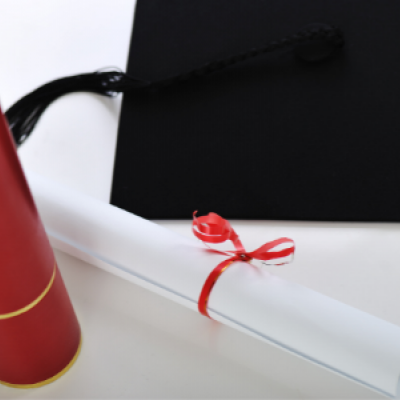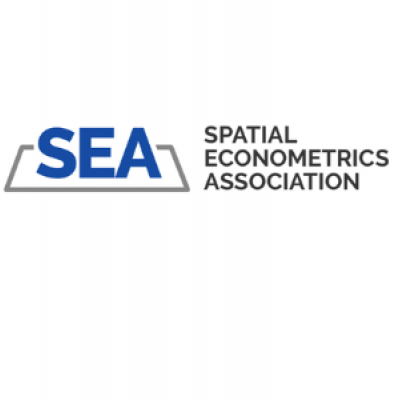Seminarium online z cyklu Digital Europe Economic Seminars “Metrics For News. The Uses and Effects of Analytics in Journalism” [22.06.2022]
Zapraszamy do wzięcia udziału w kolejnym seminarium z cyklu Digital Europe Economic Seminars, organizowanego przez DELab UW.
Podczas spotkania dr Kenza Lamot z Uniwersytetu w Antwerpii przedstawi badanie Seminars “Metrics For News. The Uses and Effects of Analytics in Journalism”.
Seminarium poprowadzone w języku angielskim odbędzie się 22 czerwca 2022 r. o godz. 13:00 za pośrednictwem platformy Zoom.
Link do rejestracji na spotkanie oraz szczegółowe informacje są dostępne na stronie: https://www.delab.uw.edu.pl/en/seminars/digital-europe-economic-seminars/
Abstrakt:
Quality journalism in the previous century was still considered as journalism that hardly needed to take into account its audience. Several developments, such as increasing commercial pressures and advancing technological and digital capabilities, have brought about a greater focus on audiences. Meanwhile, news media have embraced their readership and it is widely accepted that editors take into account the interests and preferences of their audience. Analytical tools such as Chartbeat, Google Analytics and SmartOcto are therefore being sold to newsrooms to help them better understand their audience and increase „audience engagement” with news.
The dissertation seeks to investigate how Flemish newsrooms use audience analytics and what effects this use has on the decision-making journalists make during the news selection process and on the news supply itself. It wants to examine, among other things, whether the growing attention for click- and reading figures could have the downside that the news supply shifts towards softer, trivial subjects that are catering to audience demand. Using various empirical methods (in-depth interviews, a survey, an experiment and a content analysis), the research attempts to get a grip on these questions.
The results of the dissertation show that the use of analytics is common and widespread among Flemish newsrooms. Analytics are used for about six practices, including content optimization such as the placement or presentation of an article. However, digital editors indicate that journalists» gut feeling and knowledge would always prevail when editorial choices are made. Individual journalists are also familiar with the use of those analytics, although often indirectly through communication from their editors. It is rather the younger journalists who use those analytics on their own and who adopt the same positive mindset of their editors. Even though the use of analytics is nuanced in both studies, more in-depth analyses of the effects of analytics reveal that analytics primarily drive the selection of „softer” news. Analytics had an effect on the placement of soft new headlines and Facebook selection is also more likely to drive softer content based on analytics.
In short, the presentation provides a nuanced picture of the different effects and uses of analytics. Journalists seem to be searching for a middle ground that tries to reconcile commercial and journalistic motives without compromising on quality, the thin line they have been balancing on for decades.
--
Seminaria Digital Europe Economic Seminar (DEEcon) odbywają się dwa razy w miesiącu i stanowią część działań w ramach programu Inicjatywa Doskonałości - Uczelnia Badawcza (IDUB), realizowanego na Uniwersytecie Warszawskim. Moderatorem spotkań jest dr Wojciech Hardy z Katedry Transformacji Technologicznej WNE UW.




